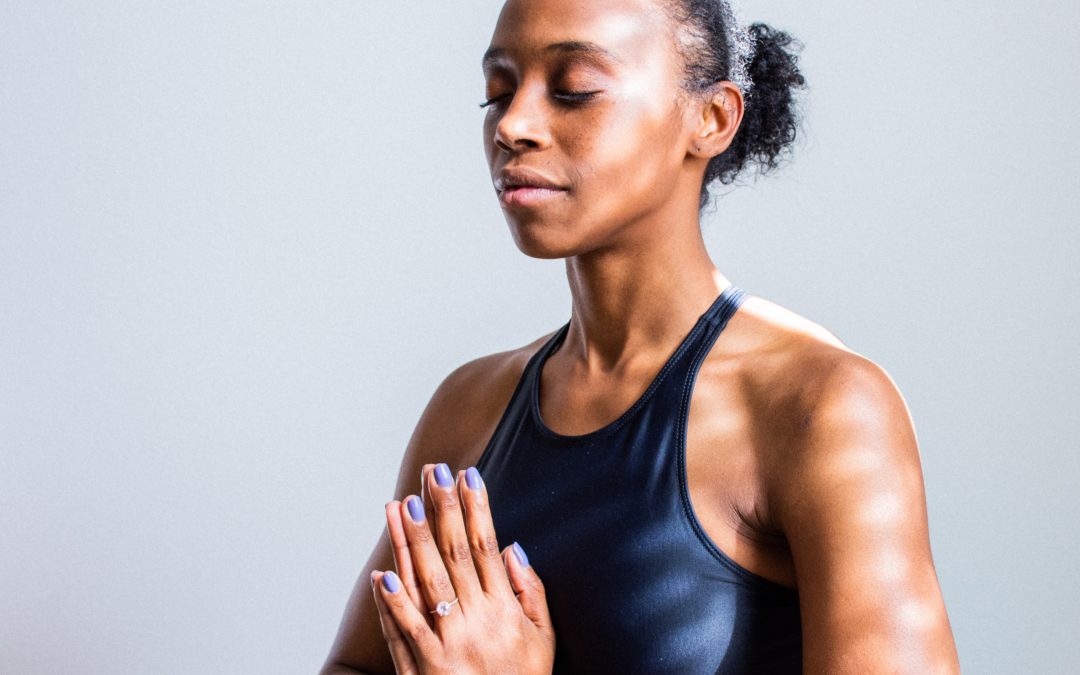I love to play tennis, but there are days I can’t do anything right. I am better at keeping my cool now, but in the past, people could hear me drop an f-bomb or two when I missed a critical shot during a match. When I seriously loose my cool, I even threw my racquet.
For years I stoked this fury until I realized that no amount of obscenities or racquet launches could change the outcome of any shot, or make me a better player. In fact, this behavior was having the opposite effect, my level of play got worse. I finally figured out that staying calm after a miss and getting ready for the next point would get better results, and it did.
This is a great simile for life, we assume we can use our willpower to force the results we desire, but this is a recipe for anxiety-stress-related illnesses of all types. Like my old tennis behavior, this willfulness only makes matters worse.
Serenity is a choice
Whenever challenging times confront us, our first reaction is fear. If we perceive that these times pose a threat to our survival, our unconscious mind will automatically go to a fight-or-flight response. For many of us, how we deal with a threat directly or run to avoid harm is a coping mechanism we adopted since we were children, These strategies may have worked then, but they don’t today in adult situations.
Most of the time, we are not even aware of how our reaction has been triggered. However, no amount of education, experience, and preparation can prevent us from having these involuntary reactions. We do them reflexively and we seldom question why we are doing what we are doing even if our actions are idiotic.
Are you too quick to jump to negative conclusions? Are you afraid of a particular outcome? It is important that you pay attention to how you react to things and see if your actions makes sense.
This is called becoming an observer of your thoughts. This is more natural than you think, for pausing to observe your thoughts without engaging gives you pause to review and determine the right action. You don’t have to take action reflexively, you can think about it. Once you realize you don’t have to jump into an action or conclusion, you are free to be calm and select the thoughts and actions that will be the most constructive for you.
When you choose serenity, you attain your greatest good. Think of serenity as a pause before you react. Rather than automatically running off with the normal urges triggered by your anxiety, taking a pause gives you a chance to consider all options and then choose the best one for the situation. Instead of throwing my racquet or dropping f-bombs in tennis, I can be ready for the next point.
I realize my tennis example does not compare to the complexity of life’s transitions, but the metaphor applies. Think about your perpetual chase after material or status goals you are convinced will elevate your standing in the eyes of others. Aren’t you tired and stressed out from participating in this never ending goose chase? Well, then halt, take a deep breath and rejoice in the things you have already accomplished. Make it your mission instead to accomplish the things that motivate and inspire you. This is how you find your path.
Conclusion
There are two things that will help you stay serene in tough situations; faith that the universe is conspiring with you and certainty that things happen in their own perfect timing. Choosing serenity before acting helps you develop a stress free, peaceful coexistence with your current situation. Serenity will also help you build gratitude for your life, just as it is.
Photo by madison lavern on Unsplash






